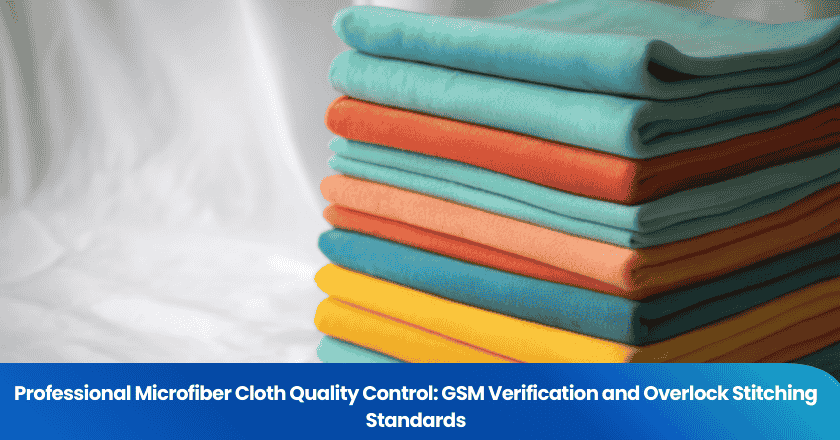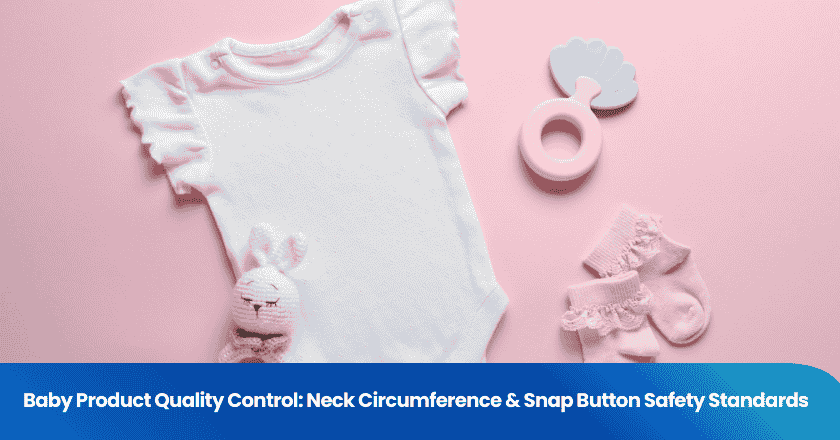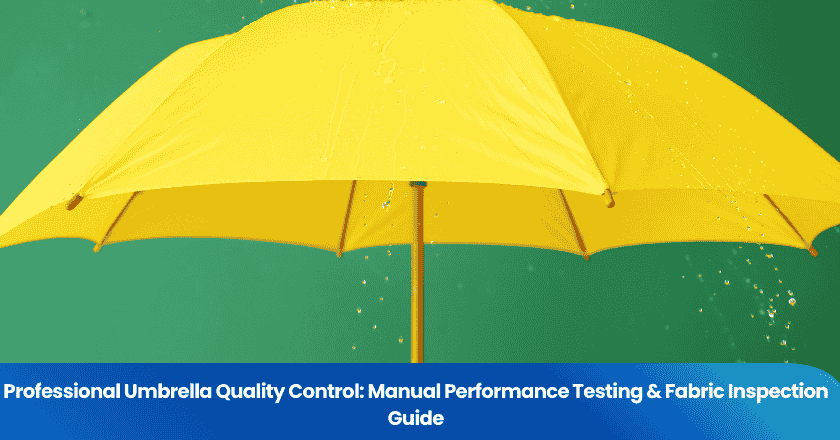
3rd-party inspection is an impartial and authoritative conformity assessment activity carried out by independent third parties, such as specialized supervisory and inspection organizations, who are placed outside the interests of the buyers and sellers, based on the recognized criteria of relevant laws, standards, contracts, etc., in a fair and non-partisan manner. 3rd-party inspection activities are relatively concentrated in industrial activities, especially in industrial manufacturing. In China, our company provides QC service China to ensure the quality and compliance of products manufactured in the region.
What is the purpose of conducting 3rd-party inspection certification?
In the era of numerous software and hardware products, the quality of products has become the determining force for the development of enterprises. A truly good product can withstand the scrutiny and verification of the market, and the product testing certification report (also known as a product evaluation report, product testing report, software testing report, etc.) issued by the 3rd-party inspection unit allows customers to directly see that the quality of the product is recognized by authoritative institutions, which is the most powerful proof of the strength of the enterprise.
Under what circumstances should 3rd-party inspection reports be conducted?
The third-party testing report is a testing report issued by a third-party testing organization after testing the sample. Third-party testing is only responsible for the sample. This means that the sample received by the third party is the object of all testing activities, and the data obtained is from this sample.
Under what circumstances should 3rd-party inspection reports be conducted?
- When applying for a marketing number before the product is listed, a third-party report on testing according to the requirements of the market supervision department must be submitted;
- Inspection, when the market supervision department checks the goods on the market, such as spot checks, monthly inspections, quarterly inspections, annual inspections, etc.;
- Environmental protection departments require various environmental detection that may be harmful to the environment, such as sewage, waste gas, soil, etc.;
- Before and during production activities such as fishing, forestry, and animal husbandry to confirm the safety and correctness of the production environment;
- When adding a declaration to the commodity rating, such as the fire protection level of the material, the quality level of rice, organic, etc.;
- Supervision of engineering quality, such as foundation, waterproofing, fire protection, construction waste, construction sewage, etc.;
- Required for bidding;
- Judicial evidence, civil disputes, etc.
What is the validity period of 3rd-party inspection reports?
3rd-party inspection reports themselves do not have a validity period issue. Because they are responsible for the samples, the test results should be valid as long as the same batch of goods exists. When the materials or processes change, retesting is necessary. Of course, some test samples are constantly changing, such as water sources, soil fertility, organic matter, etc. Some standards stipulate the validity period, and some require monthly inspections, quarterly inspections, annual inspections, etc. according to the requirements of the market supervision department.
Grow your business with TradeAider Service
Click the button below to directly enter the TradeAider Service System. The simple steps from booking and payment to receiving reports are easy to operate.





